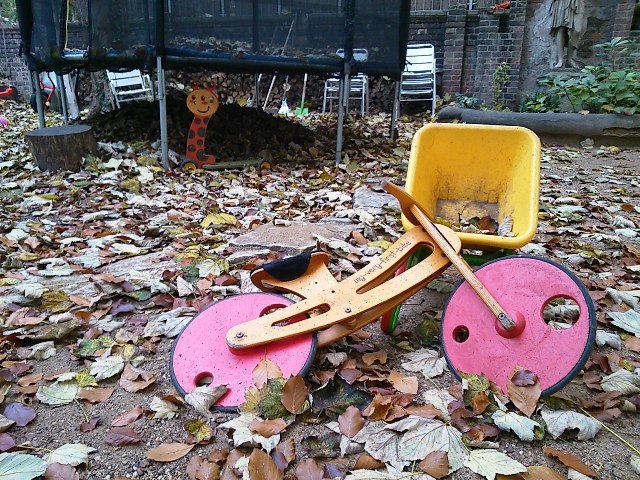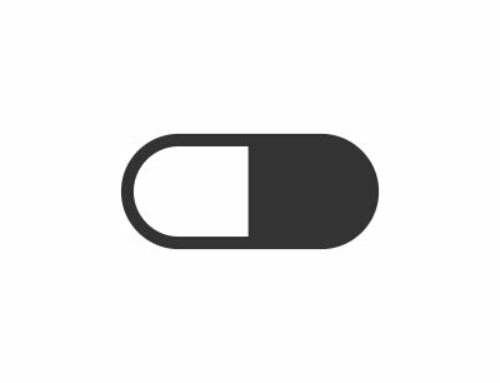Do you know your AMH and FSH levels?
My best friend is thirty-nine and is still postponing having a baby.
We have discussed all kinds of fertility topics for years – from egg freezing, to low ovarian reserve, tracking ovulation etc., and still she would not even go to a doctor to find out about her AMH or FSH.
“What if it’s bad?” she says. “Then I will just start panicking and will feel bad for not having frozen any eggs before.”
So my best friend prefers not to know.
Don’t be like her, because when she finally starts trying to get pregnant, in case she runs into any fertility issues, I will make sure that she gets the best fertility advice possible in this world. But not everyone has a fertility coach for a friend, or lives next to a well-known fertility clinic, or has money to afford treatments.
If you are over 35 and planning to get pregnant at some point, I would recommend you get your AMH and FSH level tested. If you live in the U.S., you can get it done by using a service like mymedlab.com, or ask your gynecologist, and please don’t give up before you have those numbers in your hands.
What are normal AMH and FSH levels?
The main reason why AMH is such a beautiful predictor of egg supply is that comes from the eggs themselves (actually from the cells which surround the eggs). This means, if eggs are not there, AMH will be low. It is as simple as that.
Testing AMH is very useful forwomen who want to postpone childbearing and need more information about the status of their fertility. In a nutshell, AMH answers the question: What’s the time on your biological clock?
Ten p.m.?
Fine, there is still a plenty of time.
Five minutes before midnight?
It’s time to say goodbuy to the men who are wasting your time and think seriously about how to get pregnant soon.
Fertility does decline as a woman becomes older, and the thing is, it is not possible to predict the rate of that decline for an individual woman. Many women actually believe that, if their period is regular, this means that they surely ovulate and their eggsare healthy enough to produce babies. This is, unfortunately, not true.
Would you like to ask me a fertility-related question or need my advice on your fertility journey? Please send me an e-mail as described here and we’ll set up a Skype-consultation at a time that suits you!
So if you are over thirty-five and have never done that before, please check your AMH.
If it’s low, you will probably need to pull the break and rethink your priorities (here in this article you’ll find a table of what to expect in terms of AMH values sorted by age).
If your AMH level is normal, then it’s fine to postpone childbearing for a while (but do get the test repeated every year).
If the AMH starts dropping, do react as soon as possible because the AMH does not decline in a linear fashion, but exponentially, and you may lose the rest of your eggs quite soon.
This however does not mean that you will enter menopause soon; as a matter of fact, it takes on average ten to thirteen years after the eggs are gone to finally reach the menopause). It is, of course, all very individual and a bit more complicated than what I’m able to summarize in a single post–one more reason to take your fertility seriously.
 What about FSH?
What about FSH?
FSH is another marker of ovarian reserve. It has a good prognostic value only when combined with the AMH, as it often tends to oscillate from one cycle to another, as well as within a single cycle. FSH is produced in the brain (as opposed to AMH which is produced in the ovaries), and a body uses it as a signal to start the egg maturation at the beginning of each cycle.
But which is more accurate, AMH or the FSH test?
As opposed to AMH, FSH has to be measured on a specific day in the cycle (FSH testing on day three of the menstrual cycle is the medical standard). Here in this table you can find which values you should expect at your age.
So there are two things I would like you to remember from this post:
1. Whatever your AMH and FSH values turn out to be, please don’t obsess about it. These two numbers give an estimate of your remaining fertility and nothing more.
2. Whoever tells you it is possible to decrease a high FSH, or significantly improve the AMH by whichever method – it’s not true.
The FSH often oscillates as women get older, while the AMH remains a very stable readout, which is a part of reason why the medical community loves it so much.
Unfortunately, there is no way to stop aging or prevent fertility from declining and finally disappearing at some point. However, what you can do is to work against it (please read: Five simple lifestyle interventions which will protect your egg health) – you may not be able to stop your biological clock from ticking, but you can certainly slow it down for a few minutes or more.
If you are serious about getting pregnant soon, adjust your lifestyle so as to support your fertility and maximize the quality of your eggs.
Below you will find a list of supplements which are scientifically proven to work in terms of improving egg and embryo quality, and if you wish to know more about the dosages, references, clinical studies, or whatever else, please keep browsing to read more articles on any particular topic (or contact me directly and schedule a Skype-chat with me).






